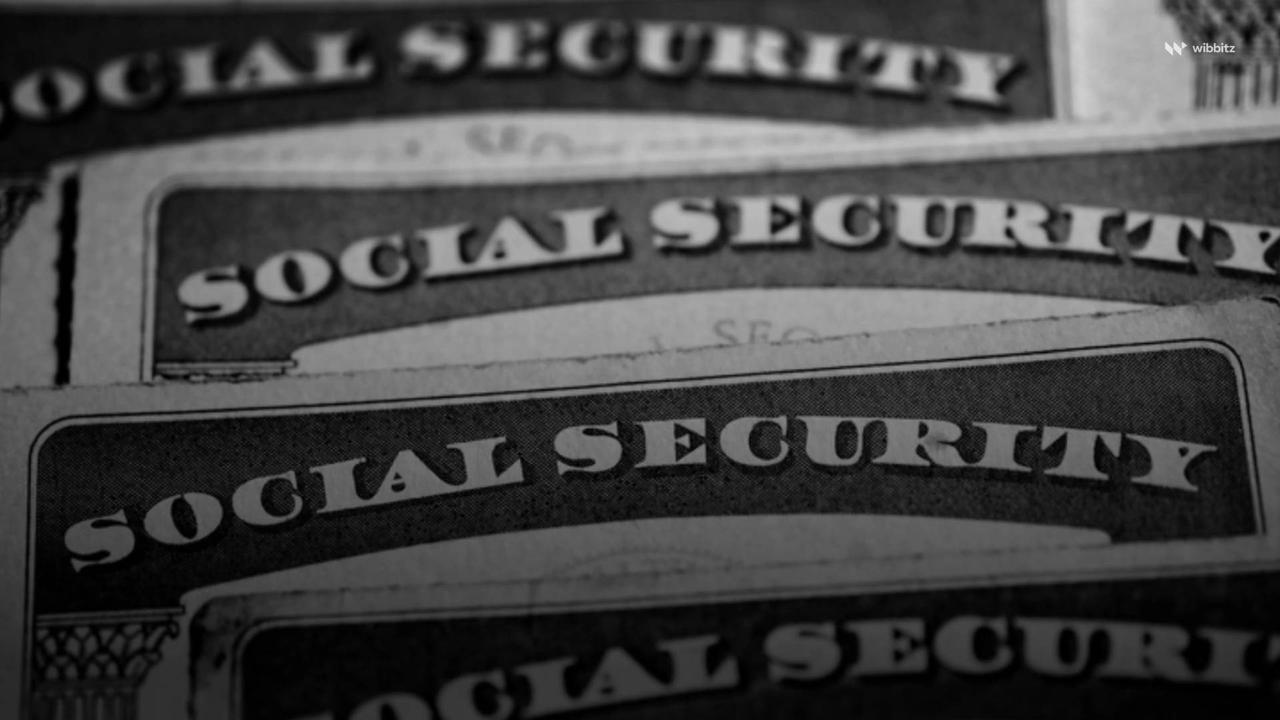
Social Security Retirement Age , Could Change to 67, Experts Worry It Won’t Stop There.
Living in America, many of us dream of the time in our lives when we can officially retire from the daily grind.
Living in America, many of us dream of the time in our lives when we can officially retire from the daily grind.
According to CNBC, the average age of expected retirement among American citizens is 62.
According to CNBC, the average age of expected retirement among American citizens is 62.
Upon reaching 62 years old, eligible citizens of the United States can first claim their Social Security retirement benefits.
Upon reaching 62 years old, eligible citizens of the United States can first claim their Social Security retirement benefits.
Social Security's structured system reduces benefits for those who claim retirement early at the age of 62.
Social Security's structured system reduces benefits for those who claim retirement early at the age of 62.
While those who wait until they are 66 or 67 to retire often receive full retirement benefits.
The US House recently passed a bill that would raise the age for required minimum distributions on some retirement savings accounts to 75 years old from 72.
Experts say such trends show the American people are healthier and living and working longer than past generations.
Experts say such trends show the American people are healthier and living and working longer than past generations.
I expect ... Congress will agree on a Social Security package that includes some type of adjustment to the retirement age.
, Shai Akabas, director of economic policy at the Bipartisan Policy Center, via CNBC.
I expect ... Congress will agree on a Social Security package that includes some type of adjustment to the retirement age.
, Shai Akabas, director of economic policy at the Bipartisan Policy Center, via CNBC.
Whether that’s in two years or 10 years, it’s very difficult to predict.
, Shai Akabas, director of economic policy at the Bipartisan Policy Center, via CNBC
